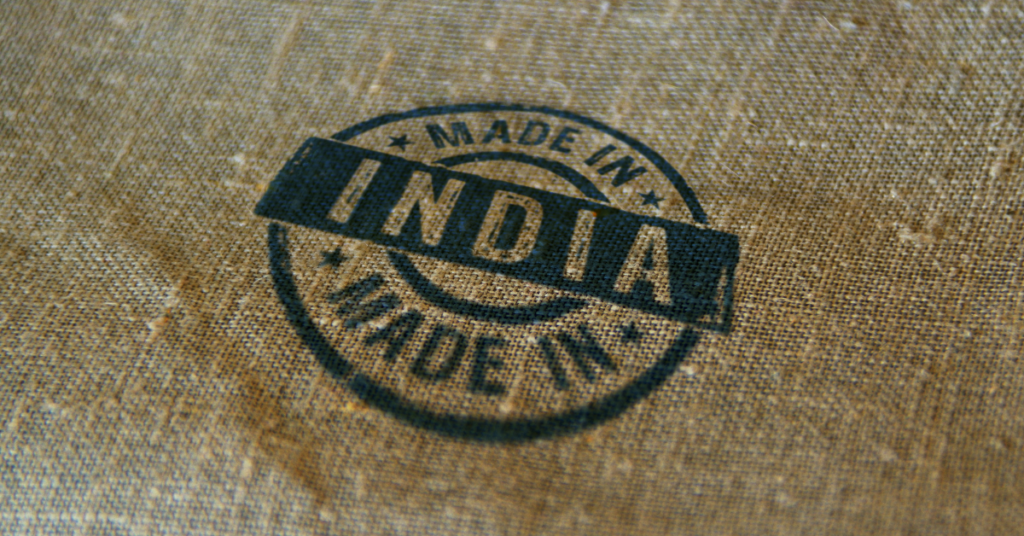
The Indian government is exploring a proposal to introduce a ‘Made in India’ label to promote Indian products globally and create a distinct brand identity, similar to the successful branding of ‘Made in Japan’ or ‘Made in Switzerland,’ according to an official source. A high-level committee is currently reviewing the specifics of the potential scheme.
The goal is to establish a strong association between India and high-quality goods in the minds of global consumers. For instance, just as Switzerland is often linked to watches, chocolates, and banking systems, the aim is to associate India with excellence in certain sectors, such as textiles, where the country already has a strong foothold.
Government discussions are focusing on whether the scheme should target specific sectors, such as textiles, where India is already recognized for its strengths. The initiative will complement the existing efforts of the India Brand Equity Foundation (IBEF), a trust set up by the Department of Commerce to promote awareness of Indian products and services in international markets.
Experts emphasize that consistent quality is essential to building a successful ‘Brand India.’ Ajay Srivastava, founder of the think tank Global Trade Research Initiative (GTRI), suggested that India’s branding strategy should focus on promoting high-quality products, improving substandard offerings, and taking actions to enhance overall product reliability.
Drawing a parallel with China’s strategy, Srivastava explained how China built a reputation for contract manufacturing from 1990 to 2010 without aggressively branding itself. Only after achieving consistent product quality did China promote its own brands.
Srivastava proposed the creation of a unified ‘India Quality Product’ label to signal excellence and reliability. Manufacturers and exporters would need to meet specific standards to use this label, starting with sectors like garments, shoes, and handicrafts, before expanding to electronics and engineering products.
Ensuring product consistency and enforcing strict actions against substandard suppliers, as demonstrated by India’s pharmaceutical industry, is critical to protecting the reputation of Indian goods on the global stage.